A Parents' & Teachers' Guide To Bilingualism: Third Edition (Parents' and Teachers' Guides)
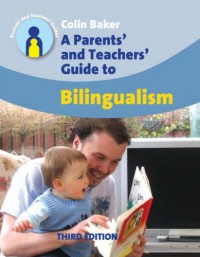 It's one of the best practical introductions to bilingualism for parents (but also teachers). Reader-friendly style, far from academic technical jargon. Written in a FAQ way: answer-question. A must for parents of bilingual children.
It's one of the best practical introductions to bilingualism for parents (but also teachers). Reader-friendly style, far from academic technical jargon. Written in a FAQ way: answer-question. A must for parents of bilingual children.
The Bilingual Family: A Handbook for Parents
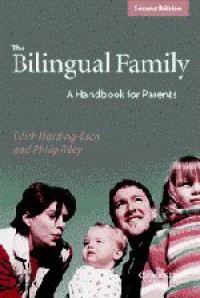 If you are thinking about raising your children bilingually this is a must-read book! It gives the basic knowledge about bilingualism as a phenomenon and, what’s more important, looks at full families and single-parents cases with bilingual children.
If you are thinking about raising your children bilingually this is a must-read book! It gives the basic knowledge about bilingualism as a phenomenon and, what’s more important, looks at full families and single-parents cases with bilingual children.
Bilinguality and Bilingualism
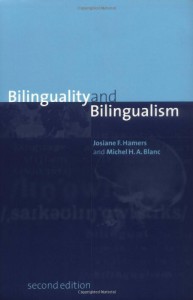 I found this book a bit too academic, but nevertheless it was worth reading. It covers different aspects of bilingualism: social, neurological and psychological foundations of bilingualism as well as the cultural and social consequences of that phenomenon.
I found this book a bit too academic, but nevertheless it was worth reading. It covers different aspects of bilingualism: social, neurological and psychological foundations of bilingualism as well as the cultural and social consequences of that phenomenon.
Key Issues In Bilingual (Multilingual Matters)
 This book tries to give answers to three major questions concerning bilingualism and bilingual education. 1) Does bilingualism affect thinking skills? 2) Do children suffer or benefit from bilingual education? 3) What is the role of attitude and motivation in bilingualism? The answers provided show the state of knowledge and understanding of the phenomenon of bilingualism in 1980s.
This book tries to give answers to three major questions concerning bilingualism and bilingual education. 1) Does bilingualism affect thinking skills? 2) Do children suffer or benefit from bilingual education? 3) What is the role of attitude and motivation in bilingualism? The answers provided show the state of knowledge and understanding of the phenomenon of bilingualism in 1980s.
The Mirror Of Language: The Debate On Bilingualism
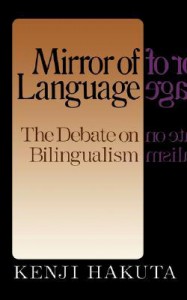 Old, so old... published in 1986, but still a good one for those interested in the topic of bilingual education and bilingualism itself. Accessible, well-written, fascinating…
Old, so old... published in 1986, but still a good one for those interested in the topic of bilingual education and bilingualism itself. Accessible, well-written, fascinating…
Practical English Usage
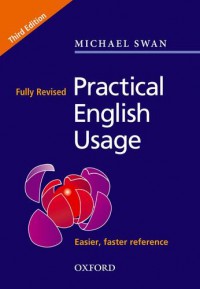 Oh, boy. If you are a student of English, or are just looking for a good book on grammar, this one is the best choice. It’s one of those books that will never outdate – my masters at the uni used it, I use it and I recommend it to all my students.
Oh, boy. If you are a student of English, or are just looking for a good book on grammar, this one is the best choice. It’s one of those books that will never outdate – my masters at the uni used it, I use it and I recommend it to all my students.
Ship or Sheep? Book and Audio CD Pack: An Intermediate Pronunciation Course (Face2face S)
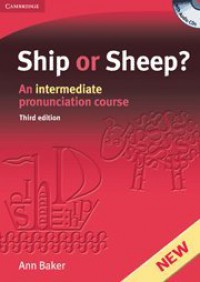 Yet another must-have for all those who study English. If you want to learn BCC (RP) accent this book is definitely for you.
Yet another must-have for all those who study English. If you want to learn BCC (RP) accent this book is definitely for you.
English Phonetics and Phonology Paperback with Audio CDs (2): A Practical Course
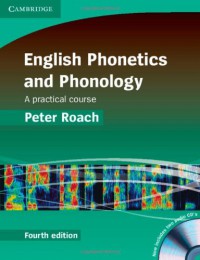 This is a must for all English students. My teachers used that book, I use it, my students use it. The book gives some general knowledge on the topic of phonetics and phonology of English as well as some more inside look at the matter.
This is a must for all English students. My teachers used that book, I use it, my students use it. The book gives some general knowledge on the topic of phonetics and phonology of English as well as some more inside look at the matter.



